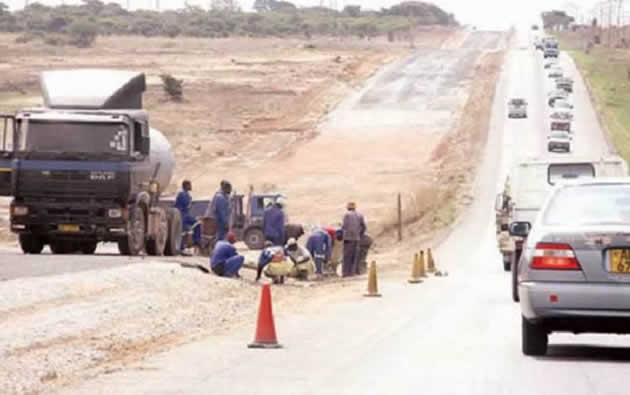Fix infrastructure before SEZ

 Zimbabwe’s infrastructure requires about $18 billion to modernise as the current state undermines competitiveness and discourages investors, UNDP economic adviser Mr Amarakoon Bandara told a special economic zone workshop yesterday.
Zimbabwe’s infrastructure requires about $18 billion to modernise as the current state undermines competitiveness and discourages investors, UNDP economic adviser Mr Amarakoon Bandara told a special economic zone workshop yesterday.
Mr Bandara said poor road connectivity and serious port-related delays are the major causes of concern Zimbabwe will have in attracting investment to the zones if they are set up.
“Quality infrastructure stops at the zone gates in most zones in Africa. This means the country’s infrastructure that support trade is weak. This is a common issue.”
He said most problematic was hard infrastructure, but soft infrastructure, especially in relation to customs and trade facilitation, is also an important determinant of success or failure.
“Bear in mind Zimbabwe is 170-189 in the Ease of Doing Business Ranking against Rwanda’s 32. It takes only 26 days to export against Zim’s 53.”
Mr Bandara said foreign investments tend to take place only when certain facilities and infrastructure required for production and operation have been put in place. If basic internal infrastructure needs cannot be met, even generous fiscal incentives will not be enough to attract and retain investors in the zones.
“Delivering hard and soft infrastructure inside the zones effectively and integrating them with the domestic market must be a priority.”
Giving China’s Pudong New Area as an example, Mr Bandara said infrastructure upgrading was the first step in reshaping the areas landscape.
“Pudong New Area is a good example in this regard, because the setting up of Pudong New Area in the 1990s was a giant, strategic policy initiative in pushing China’s economic transition further.”
Mr Bandara noted that on the whole African SEZs show low levels of investment in infrastructure and integration of the zones to the rest of the economy is low. A wide range of issues have held back the performance of SEZs in Africa. Poor site location and inadequate infrastructure are the most critical among them.
Overall, he noted that establishing economic zones can be expensive and risky.
“Successful zones take time to develop. They rely on effective state capacity and are tightly intertwined with that of the wider national economy in which they are based.
“Yet, they are a powerful instrument to attract investment and catalyse processes of structural transformation in the economy if right policies are adopted and strategic leadership is provided by the state.”
To be successful SEZs require political commitment or support, but its implementation must be based on clear commercial principles without political objectives.
“Address problems related to land titles, registration, and connective infrastructure to make easy access to industrial land.” – FinX.










Comments